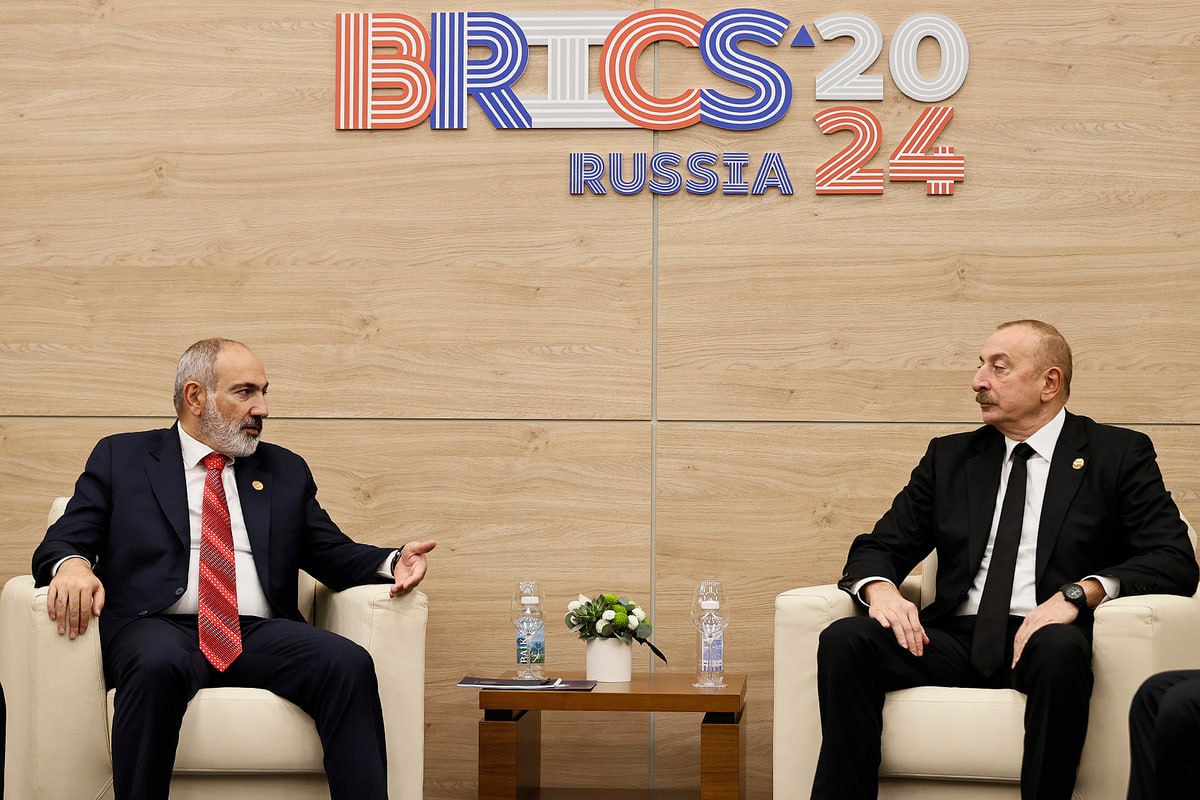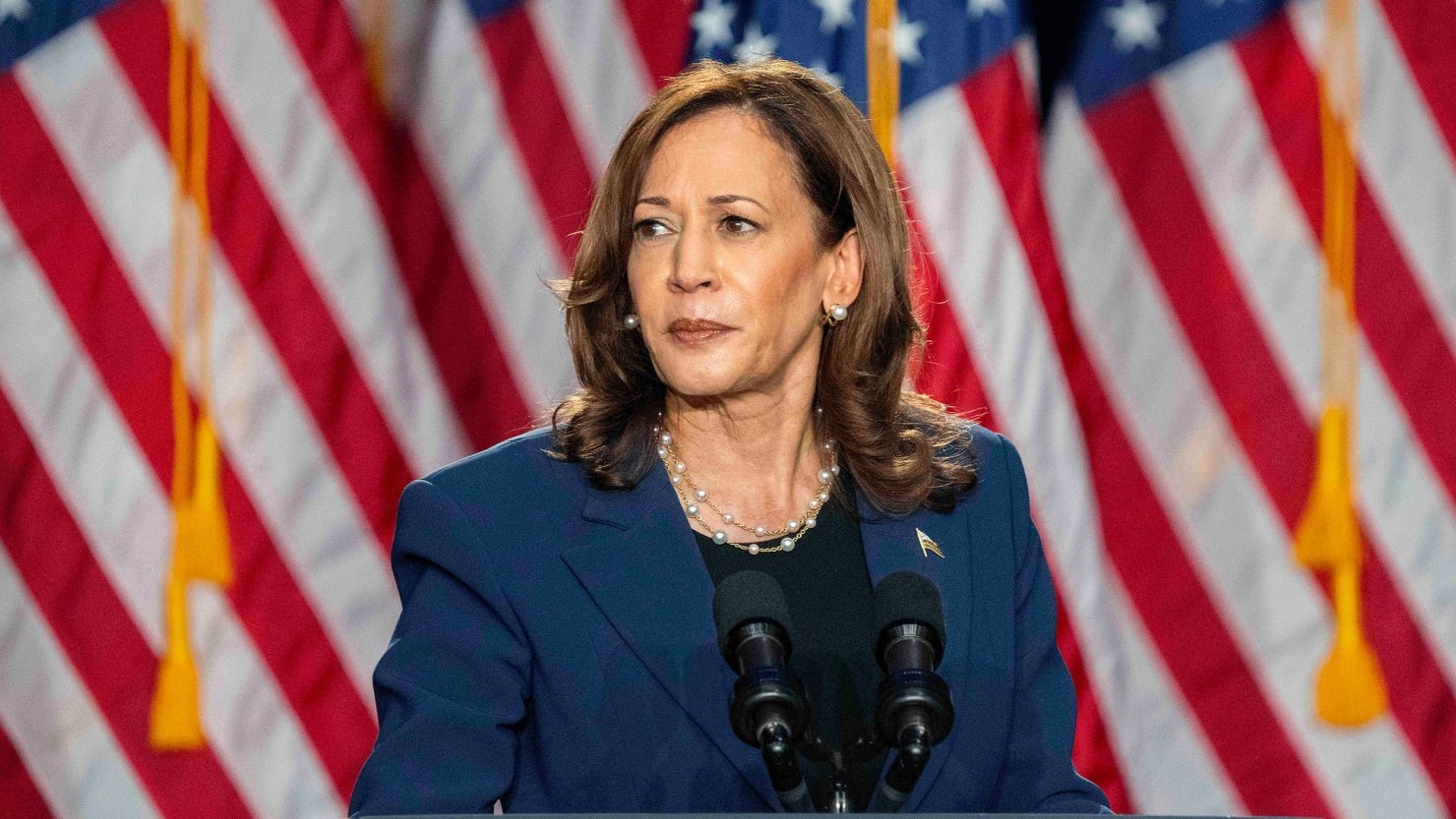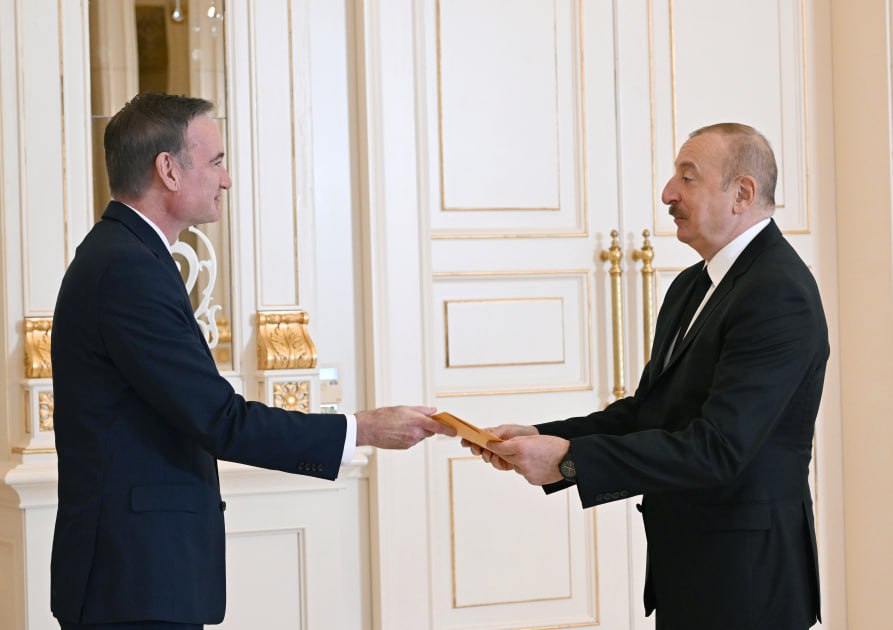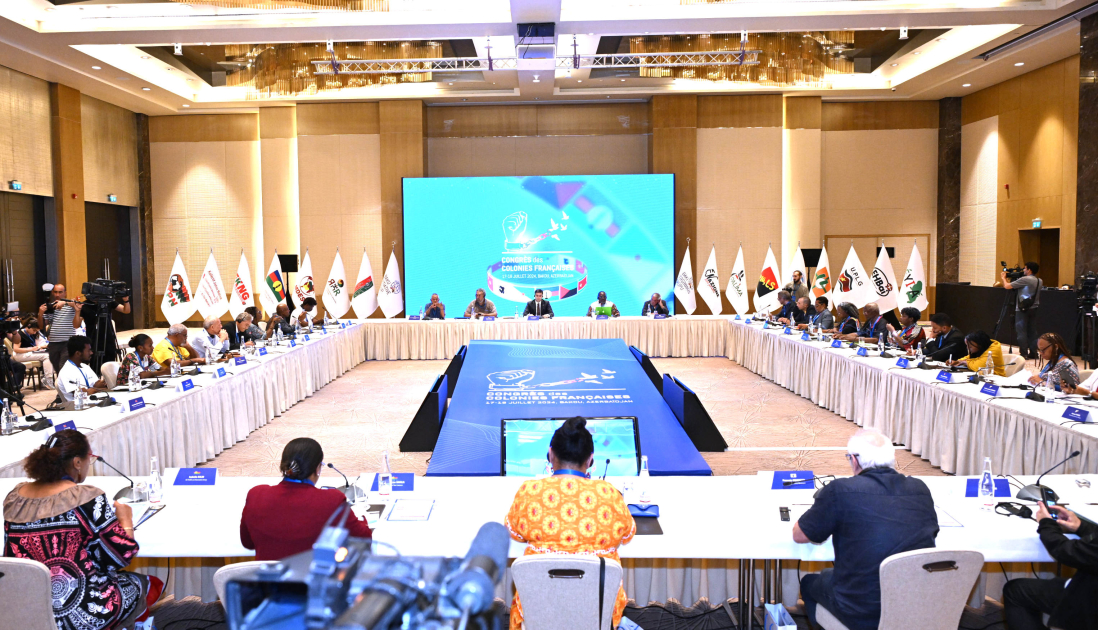
Harris win may stall peace process
In an interview with AzPolitika, military-political expert and psychiatrist Azad Isazade discussed the potential prospects for a peace agreement between Azerbaijan and Armenia, the impact of the US presidential election results on Azeri-Armenian relations, and the interests of foreign states, specifically Russia, the US, and France, in the conflict between the two Caucasian countries.
“Armenia and Azerbaijan don’t trust each other; both need real guarantees. Those offering external guarantees—Russia, the US, and France—are attempting to assert their own interests,” the expert suggests.
- Opinion: Why Harris’s victory would better serve Armenia
- Transparency International Georgia: Widespread election misconduct enabled by CEC negligence
- Demolition work intensifies in Baku ahead of COP29
Peaceful settlement between Azerbaijan and Armenia
After the meeting between Azerbaijani President Ilham Aliyev and Armenian Prime Minister Nikol Pashinyan in Kazan, optimistic statements began to emerge about the progress of peace talks, however, the real prospects of this apparent rapprochement remain to be seen.
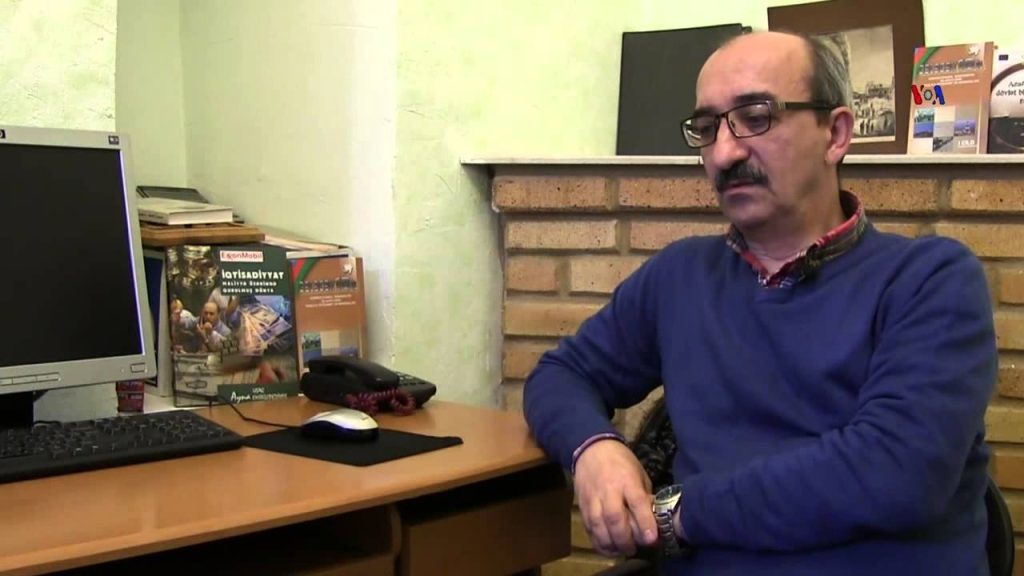
Azad Isazade believes that in every negotiation process, there is initial tension, followed by gradual compromises.
“Sooner or later, a peace agreement will inevitably be reached. The problem is that, at the outset, both sides—Azerbaijan and Armenia—set very strict conditions.
Now, however, Azerbaijan has made a significant concession on an important issue. It has removed communication matters from the agreement, conceding to discuss them later. This is because Armenia’s main concern was the opening of the Zangezur corridor. But it’s not only about the Zangezur corridor; it concerns communications in general. The Armenian side effectively agreed that no communication channels in any direction would be opened for now, to be discussed later. Thus, this issue has been resolved.
However, there are still some questions that remain open. Naturally, working groups are addressing these matters.”
According to the expert, unlike in the previous phase, Armenia is now in a hurry to sign a peace agreement.
“Initially, they tried to delay this matter as much as possible. They wanted the issue of the return of Karabakh Armenians to be prioritized, thinking that the West would support them. Now, these issues have been removed from the negotiation process. However, important problems still remain.
One of the problems is that if there’s a change of government in Armenia, the new administration could, according to the country’s constitution, annul the agreement, by claiming that it ‘contradicts the constitution.’
A few days ago, Ararat Mirzoyan stated that a new formula was discussed in the Kazan negotiations. He noted that this formula could lead to an agreement. When asked whether the new formula would involve amending the constitution, Azad Isazade explains:
“There’s nothing specific stated about Karabakh in the constitution. But the preamble references the Declaration of Independence, which mentions that Karabakh is Armenian territory. Therefore, within a year, some members of the newly elected Constitutional Court might offer a new interpretation on this matter.”
Impact of US election on negotiation process
The expert says that the sides don’t trust each other, and both need real guarantees. According to him, those offering external guarantees—Russia, the US, and France—are trying to impose their own interests.
“What positively affects the negotiations is that there’s no intermediary between the sides. In direct talks, each side presents its own interests,” Isazade says.
“Obviously, the negotiation process is also tied with the US elections. The Republicans are the main supporters of Azerbaijan in the US because they generally prioritise US interests and support oil companies. Donald Trump himself isn’t one to interfere in foreign issues.
The Armenian lobby supports the Democrats. Armenia, therefore, hopes that if the Democrats come to power, the US will put more pressure on Azerbaijan.
But for about 10 days now, it seems that Trump’s support in the polls has increased. Trump has a high chance of being elected. However, even if Trump is elected, the Democrats will remain in power until January.”
According to the expert, the results of the US elections will also affect the potential timeline for signing a peace agreement. He claims that if Trump wins, Armenia will try to reach an agreement by the end of the year, or, more specifically, by the end of the Democrats’ term. Otherwise, if Harris wins, Armenia will likely start delaying the process again.
Statements of French ambassador to Armenia
Isazade noted that in a recent interview with the local press, French Ambassador to Armenia Olivier Decottignies highlighted three issues that the expert believes are negatively impacting the peace process:
- The first is the expansion and extension of the European mission’s activities in Armenia, which Azerbaijan firmly opposes.
- Secondly, France is persistently raising the issue of the return of Karabakh Armenians.
- Thirdly, he stated that France is fulfilling its commitments to arm Armenia and that other countries should also be interested in joining this process.
“Armenia is expanding its cooperation with India, France, and the US in terms of armament, which makes it feel relatively more secure. In 2020, Armenian territory was practically left unprotected. If the Azerbaijani army had wanted, it could have taken control of all of Armenia.
The Armenian army was practically in a state of disrepair, and the remaining units wouldn’t have been able to resist. Azerbaijan simply didn’t want this and stopped at a nominal border, stating it had no need for foreign land.
Now Armenia is relying on its supporters, hoping that external pressure will lead Azerbaijan to soften its position. But Azerbaijan already holds a moderate stance. For example, Baku has never opposed the return of Armenians to Azerbaijan who left Karabakh after the September 2023 operation.”
Regarding the condition set by Azerbaijan for the Karabakh Armenians, the expert believes that it is logical, as living in any country requires compliance with its laws.
“Look, today France does not recognize national minorities within its borders; it considers them all French. And we are simply saying, ‘If you want to live as a citizen of Azerbaijan, if you accept its laws—come and live, and if you don’t, that’s your choice.’
Armenia itself doesn’t recognize the Armenians who left Karabakh as its citizens. Currently, they’re in a situation where they can’t obtain a Schengen visa when traveling to Europe. They hold Armenian passports, but the document numbers indicate that they resided in Karabakh. European countries are generally reluctant to issue visas to these Armenians. So, these people are effectively stateless. Armenia doesn’t recognize them, and Azerbaijan’s conditions are clear. Why should we accept around 100,000 Armenians who aren’t registered anywhere and are not citizens of any state?”
In response to the question, “Could this be a condition for the return of Azerbaijanis to their historical lands in Armenia, from which they were displaced?” Isazade said that, while he finds it difficult to state if this could be an official condition, a practical solution is possible:
“For example, let 10,000 Armenians live in Azerbaijan and 10,000 Azerbaijanis in Armenia. Not scattered throughout the country, but compactly—Azerbaijanis in Zangezur and Armenians in Khankendi, as it was in Soviet times. The guarantee between the sides should be these same 10,000 people on each side, to prevent any issues. There would be local schools, healthcare facilities, and security provisions. All of this can be discussed. However, Armenia has placed a condition on Azerbaijan, saying that the Armenians who left Karabakh must return, while the question of Azerbaijanis will be considered later. Why should we leave this for later?” Isazade wonders.
Harris win may stall peace process

